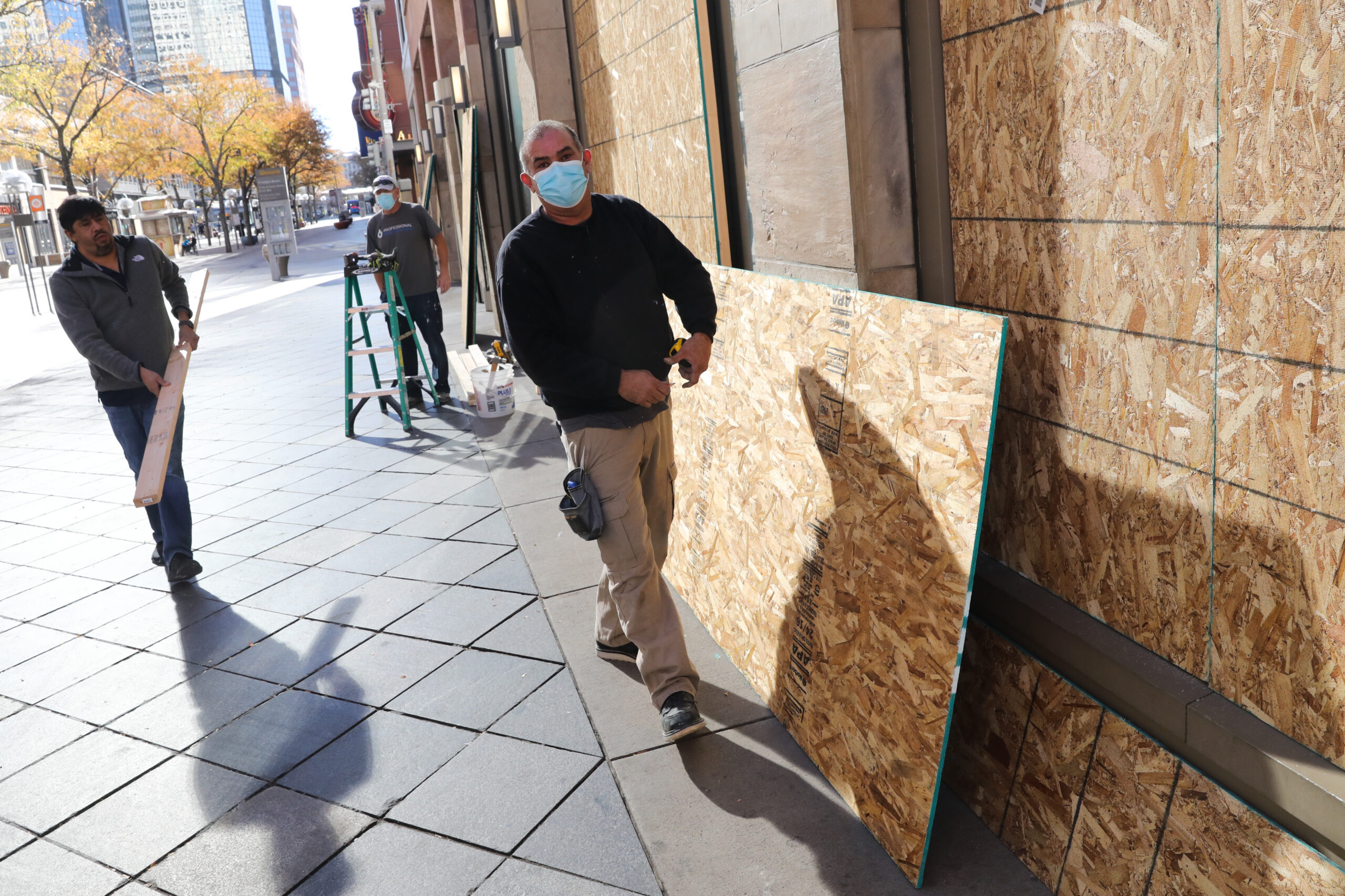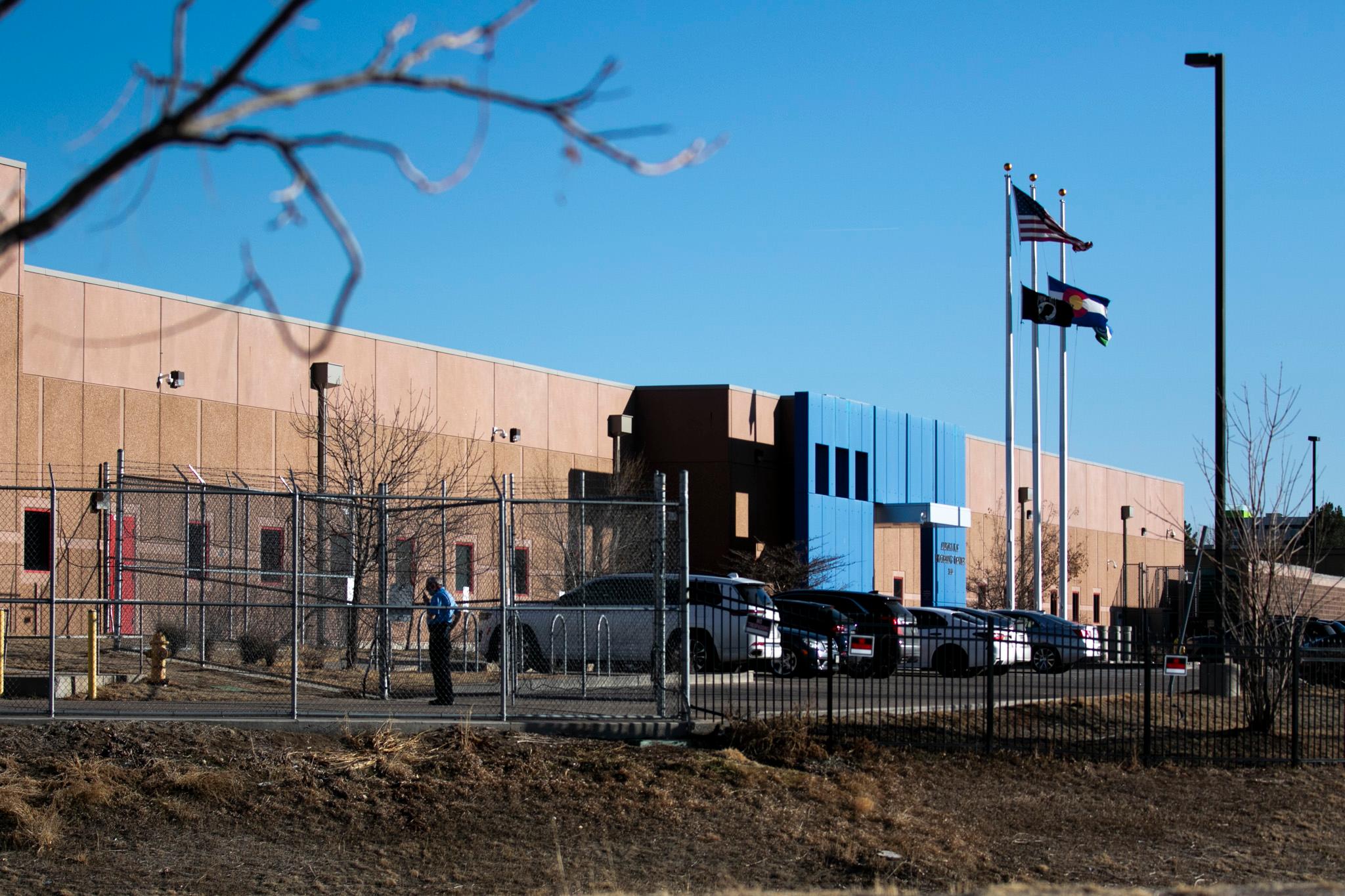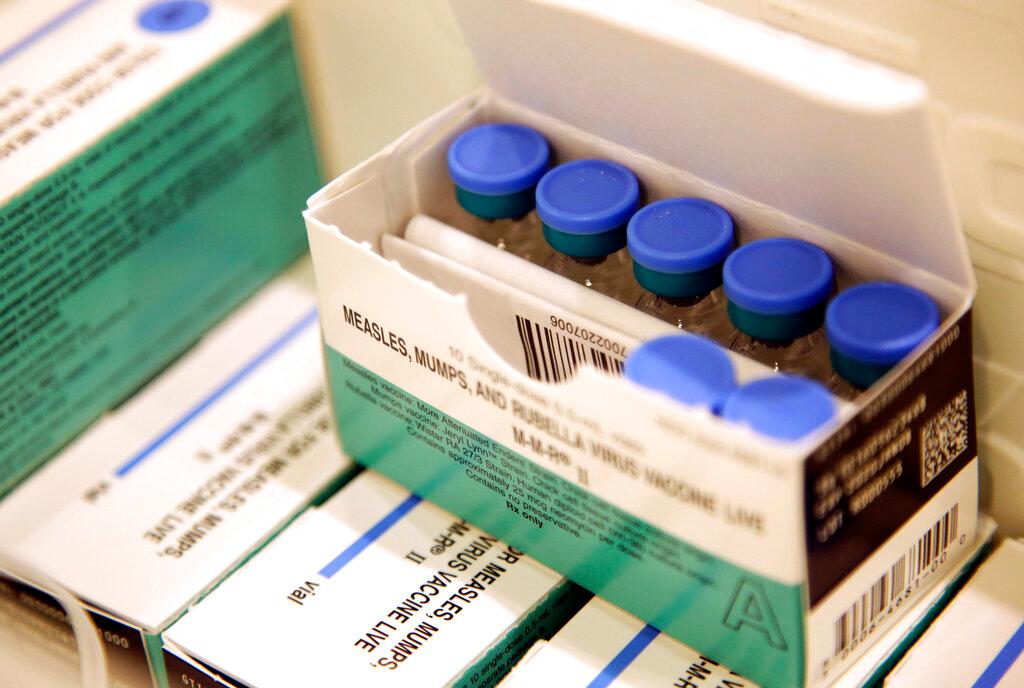
Dropping off their ballots in Montrose, registered Democrats Leah and Ken Marshall said the specter of violence after the polls close Tuesday is frightening — even from their western Colorado post.
“I just hope nothing happens after the election if Biden wins,” said Ken Marshall.
“The intimidation, the threats,” Leah Marshall said. “The Proud Boys, I’m very concerned about that.”
Denver’s FBI Special Agent In Charge Michael Schneider wants people such as the Marshalls to know the agency takes these fears seriously.
Local FBI officials have stood up a federal command post at the Colorado field office — a windowless room full of computers and large screens near Denver’s Central Park neighborhood — to monitor any foreign and domestic terrorist groups that might try to destabilize the national election and its results.
Officials say they’re eyeing national intelligence, which has pointed to Iran, Russia and China as “malign foreign actors” trying to stir up chaos before Nov. 3 and possibly afterward. In some cases, foreign governments have been linked to fictitious social media accounts devoted to sowing anger online.
“It’s the FBI’s opinion that most of the malign foreign influence is through social media memes and technology we see online,” Schneider said. “It is possible that some of the activity online could be used to create confusion and suppress some votes in the United States … People in Colorado certainly have the ability to access the sites.”
These actors could be seeding what the FBI calls “domestic” terrorist groups — on both ends of the political spectrum — who have threatened violence depending on which candidate wins the presidential election.
The threat of Election Day, or post-Election Day, chaos is also dominating the energy of local law enforcement agencies, as police chiefs and sheriffs plan for protest activity up and down the Front Range.
“This is our ops plan,” said Douglas County Sheriff Tony Spurlock, who held up a 12-page plan in an Oct. 29 Facebook townhall with citizens. “We have 84 law enforcement officers as apart of this. We’ll be out there more, looking at election sites, looking at all the drop locations … And our goal is to make sure they’re safe and people can vote.”
One of the virtual townhall’s viewers asked what he should do if any violence spilled into his suburb south of Denver. The response: stay safe and leave things to the professionals.
“People would say, ‘Well, I’m going to get on my horse and bring my rifle and make sure that doesn’t happen and start burying people,’” said Douglas County Deputy Jason Blanchard. “That’s not OK. That’s not what we’re looking for.”
Douglas County sheriff's deputies noted that gun sales have skyrocketed in Colorado since the start of the pandemic, continuing to surge through this summer’s protests against police brutality.
The Colorado Bureau of Investigation has approved 361,353 background checks for gun sales from January through September — a 51 percent increase over the same time last year.
“A lot of people are saying I want to protect my family, I want to protect my home, I’m going to go buy a gun, but they don’t take the time to actually train themselves on how to properly operate it … properly store it,” Blanchard said.
In Denver, Murphy Robinson, executive director of the Department of Public Safety, is also putting up a command post, focused on communications between law enforcement officers, to prepare for potential violence downtown.
The last time Denver Police used one of these was during the police brutality protests in May. Meanwhile, several downtown Denver businesses boarded up their windows ahead of Tuesday, a scene repeated in cities across the country.
“The rhetoric that’s gone on nationally we deal with locally,” Robinson said. “Everything is different this year.”
Though various Coloradans affiliated with political extremist groups have posted warnings on social media they will be out in the streets after Tuesday’s polls close, federal officials say their focus is more on individuals — not groups.
“It’s not a crime to belong to a group,” Schneider said. “We are certainly very focused on any individuals who pose a threat … associated with any ideology they may have.”
Public Affairs reporter Caitlyn Kim contributed to this story.








